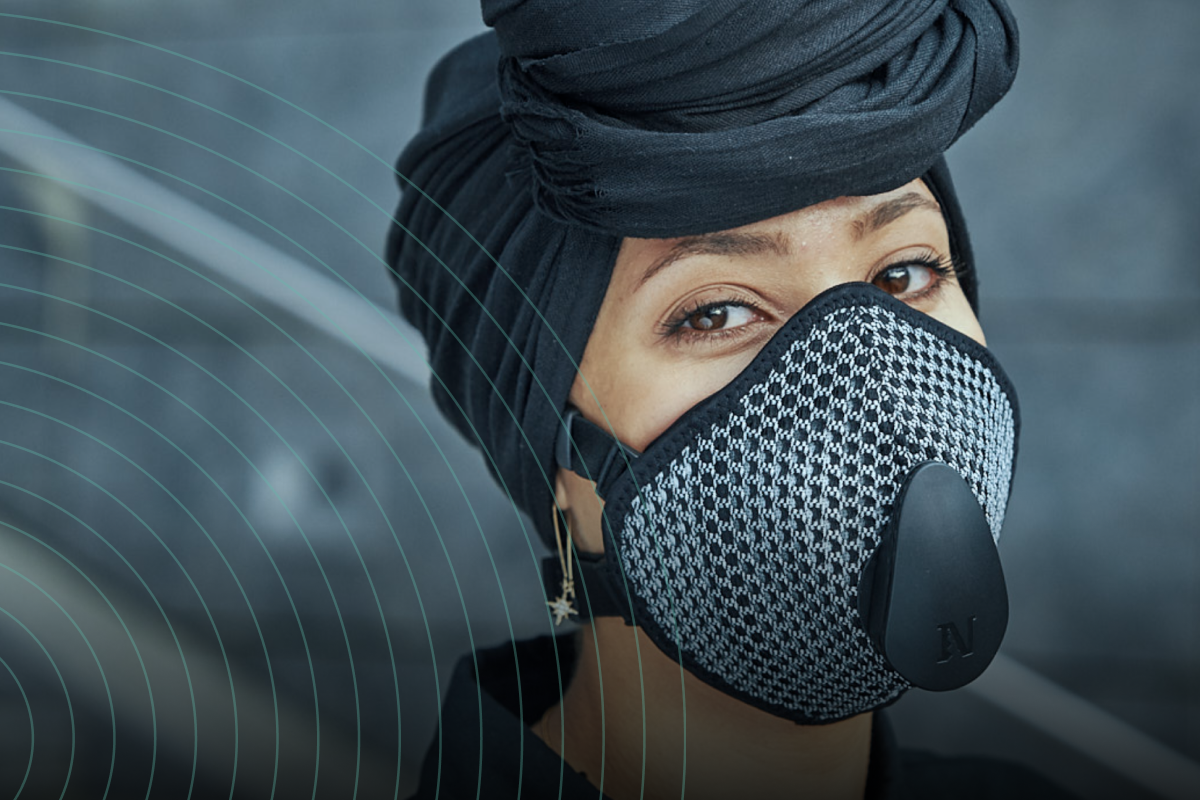Immunodepression is a medical condition in which an individual's immune system operates less than normal or not at all.
The immune system, made up of organs and cells such as the spleen, tonsils, bone marrow, thymus, lymph nodes, white blood cells, and antibodies, is responsible for defending the body whenever there is a 'threat' to it.
Consequently, an immunocompromised individual has limited or absent immune defences, making him or her more susceptible to infections and other diseases. These diseases can be of various kinds, caused by bacteria, viruses, fungi or parasites, and can manifest themselves with typical symptoms such as pneumonia, colds, flu, sinusitis or conjunctivitis.
Immunodepression and its causes
Immunodepression can result from several causes, including chronic diseases, drug therapies such as chemotherapy, infections such as HIV, or it can be congenital. Regardless of the underlying cause, vulnerability to respiratory infections is a primary concern for the immunodepressed.
The types of immunodepression are subdivided in two different ways: according to the origin causing the immunocompromise or according to the deficient or completely absent component.
- primary immunodepression: chromosomal abnormalities present from birth such as common immunodeficiency, severe combined immunodeficiency, George syndrome, etc.
- secondary immunodepression: development during life secondary to triggering causes, such as malnutrition, chemotherapy, tumours, AIDS, viral hepatitis, asplenia

Reducing exposure to pathogens
For people with a weakened immune system, it is crucial to minimise exposure to pathogens.
Some useful tips include:
- avoid crowded places: environments with many people increase the risk of exposure to infections.
- adopt a healthy lifestyle: maintaining good personal hygiene and a balanced diet strengthens the body's natural defences.
- consider antibiotic prophylaxis: on the advice of a doctor, it may be useful to prevent bacterial infections.
- avoid contact with infected people: even apparently trivial illnesses can pose a serious danger to the immunocompromised.
- use personal protective equipment: masks and other devices can act as a barrier against pathogens.

Respiratory protection
Respiratory complications represent a major cause of morbidity and mortality in immunocompromised patients. In recent years, respiratory viruses such as influenza and SARS-CoV-2 have become increasingly dominant, making the use of protective masks essential to prevent serious infections.
The use of face masks should not be seen as a restriction of personal freedom, but rather as a means to protect one's health. For immunocompromised patients, face masks can be regarded as a daily shield, protecting the respiratory tract from the complications of infectious and viral diseases as well as environmental pollution.

Protecting the respiratory tract is vital for immunocompromised individuals. Taking preventive measures, such as wearing masks and adopting a healthy lifestyle, can make a big difference in quality of life and the prevention of serious complications.
Personal protection not only reduces the risk of infection, but also allows immunocompromised individuals to live with less worry and more security.
Protect your breath!



Leave a comment
All comments are moderated before being published.
This site is protected by hCaptcha and the hCaptcha Privacy Policy and Terms of Service apply.